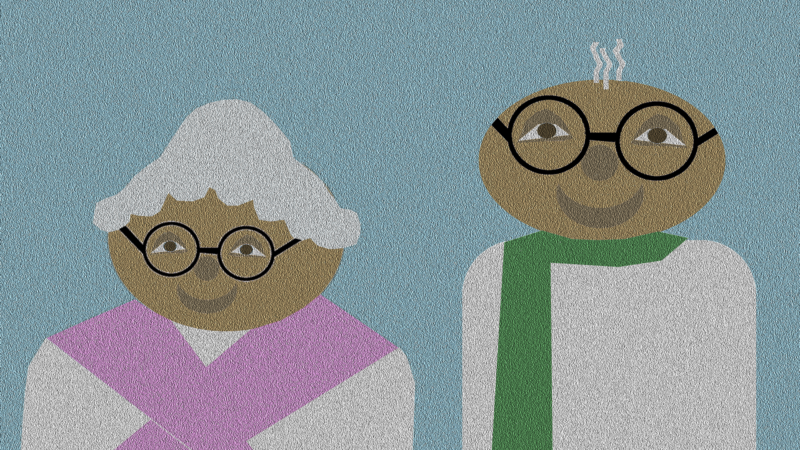Ebony, a 26 year-old woman, describes a routine disagreement with her mother to her therapist. Ebony’s parents divorced when she was 8 years old. Since then, Ebony says her mother has made impulsive decisions, not always in her best interest regarding employment opportunities and relationships with men, family members and friends. Instead of dealing with problems in a healthy way, Ebony tells her therapist that her mother simply chooses to take easy ways out–quitting jobs for minor reasons, putting up with less-than-desirable men and picking arguments with friends and family. Ebony is frustrated with her mother’s immaturity.
Ebony wants to gain insight into how to manage her mother’s criticisms and overcome similar tendencies within her own character. “Why should I have to listen to or take her advice?” Ebony asks her therapist. “She’s made a mess of her life but expects me to make the same bad decisions she’s made. And, when I do make a decision that doesn’t always turn out to be the best one I could have made, she criticizes me for not listening to her.”
At 26, Ebony is the manager of a fast food restaurant and is going to school part-time to earn a bachelor’s degree in business management. She works 40 hours a week and attends classes in the evening. She dates occasionally but spends most weekends studying and catching up on sleep.
“You Have Outgrown Your Mother”
Ebony has essentially outgrown her mother. She had matured into an emotionally intelligent, goal-oriented, successful woman who unconsciously felt guilty for her successes and frustrated with her parents—especially her mother—that they have failed to provide her the kind of emotional support and guidance she expected and desperately wanted.
It was difficult for Ebony to know that she had outgrown her parents. Ebony’s reaction wavered from being stunned and distressed to experiencing feelings of relief and intense self-awareness. She realized she continued to allow her mother to intrude in her life with unwanted advice and criticism because she was waiting for her mother to finally become the wise and caring person she had always wanted her to be.
Why It Can Be Difficult to Outgrow Your Parents
Adults often struggle for years to develop a strong enough self-identity to separate themselves from their parents. As adolescents maturing into independent adults, we may feel guilty for leaving our parents behind, two people who raised us, fed us, made sure we had a bed to sleep in and cared for us for so many years. While this guilt is normal to experience, it is also normal and healthy to feel a bit superior to a mom or dad’s way of thinking and doing things. This helps relieve guilt while supporting your desire to find your path in life as a capable, independent and competent human being.
Staying connected to parents and family members does not mean you should listen to offensive comments or advice. For people with toxic parents, however, it may be best to remain disconnected from them. Phoning parents, visiting them whenever possible, sending emails keeping them updated on your life and making sure your parents understand you care about them but are making your own decisions about a life that is now completely yours can help you transition more easily into the next phase of your life.
Ebony has begun this transition. Although she would like to feel that she has a mother that can support and guide her, rather than a friend, she is learning to accept her mother for who she is, rather than who Ebony expects her to be. Just like many processes in life, that time will come. But, there is more grief and sadness ahead of her.







